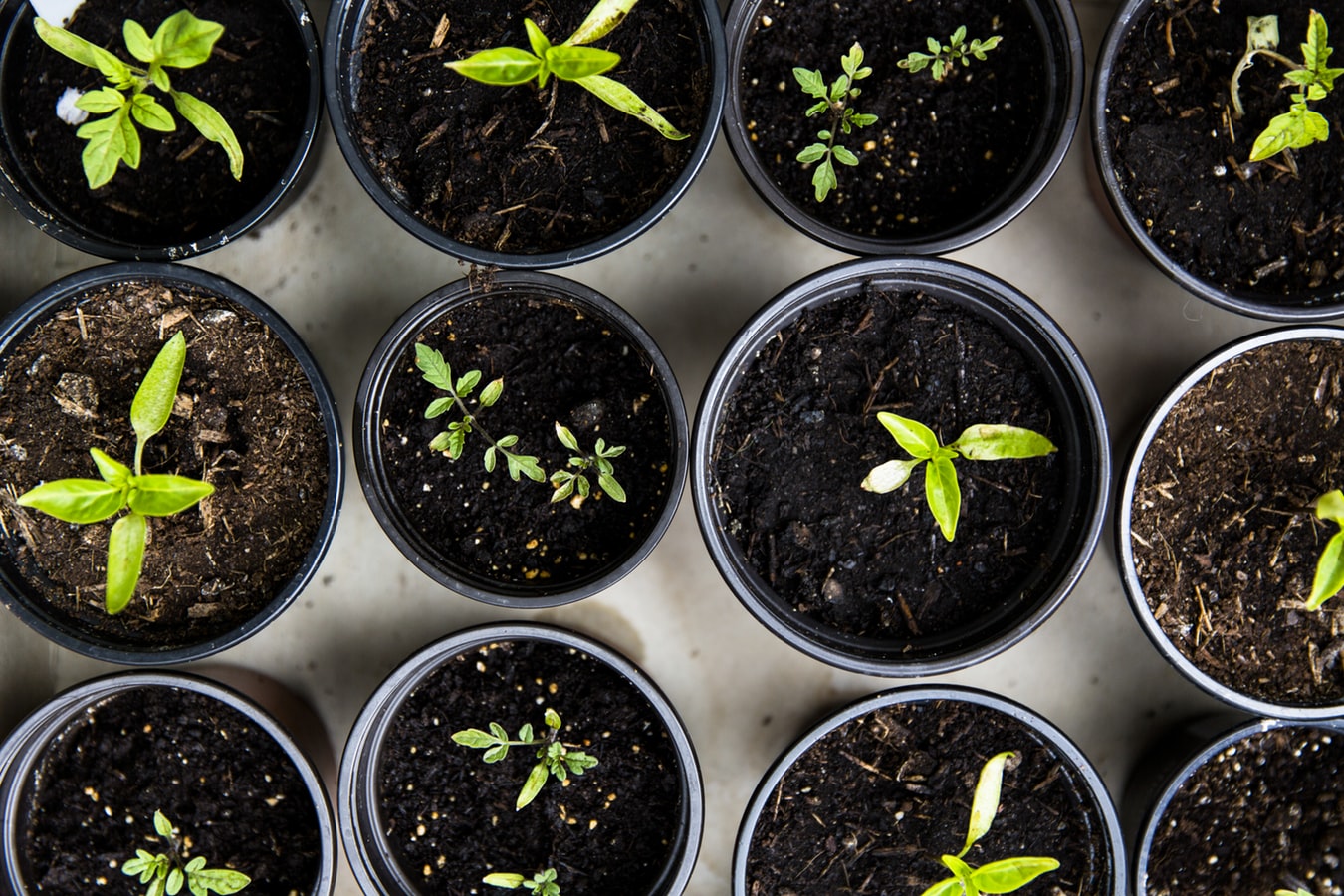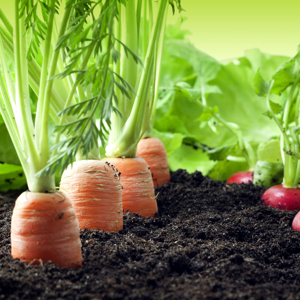Growing Your Own Vegetables
Growing Your Own Vegetables
Growing your own vegetables can be a fun and extremely rewarding hobby. While buying vegetables from the supermarket is easy, there is a lot more to be said for you actually growing them yourself.
Getting Started
It is fairly easy to get started. Some vegetables can be grown in pots, troughs or window boxes, where others are best grown in your garden. You need to make sure you have quality vegetable compost and top soil and either seeds or ‘ready to plant’ vegetable packs. ‘Ready to plant’ is the easiest option and can be a perfect start for first time gardeners or those who don’t have as much time to commit in the early stages. Make sure they are watered often, try and keep weeds at bay, and then harvest when they are ready.
Growing your own veg doesn’t take up much of your time, and the rewards are amazing. Your fresh vegetables will be bursting with nutrients and you cannot buy them any fresher than this.

As far as price goes, there will be a small initial cost to prepare your vegetable patch. Planting seeds is the cheapest option but ‘ready-to-plant’ vegetable packs are much easier and still work out considerably cheaper than buying the vegetables from the shops. Our packs are excellent value for money, available in a variety of sizes (whether you have a window box or a large vegetable patch) and once you have redeemed your voucher either online, over the phone or by post, we even deliver them when they are ready to be planted so you put them in at the right time.
The Benefits of Growing Your Own
Did you know home-grown veg tastes better? Unlike the mass-produced supermarket veg, your vegetables aren’t under pressure to perform outside of their normal capacity and will be allowed to grow normally.
From the moment fresh fruit and vegetables are harvested, they start to lose the ‘good stuff’ such as the healthy vitamins and minerals we expect our fresh produce to contain. By growing your own veg and harvesting it as you need it, you are more likely to eat it within a few hours of harvesting it, reducing the time they are standing around. You will get higher levels of vitamins, resulting in a much healthier diet. If you find you have a lot of vegetables but cannot eat them all, store them in your home, or even freeze them so you can use them at your leisure without worrying about them deteriorating and going to waste.

In supermarkets, we are restricted to the varieties of fruit and vegetables that we can buy. Most supermarket produce has been selected because it lasts longer, is easier to store, or is cheaper to grow. Growing your own means you can explore different varieties and the different balances of nutrition that the vast range of available vegetables have to offer, again improving your diet and inevitably your health.
Having a wider range of vegetables available to you can help you to become more experimental with the meals you cook. Search online for new recipes or invest in an exciting new cookbook and explore the potential of your produce.
Gardening is often seen as therapeutic. By taking a few minutes out each day to water, weed and tend your delicious home-grown vegetables, you get the chance to have a mental break from the stresses of everyday life and the opportunity to mull things over, rather than letting it build up inside. Alternatively, use it as family bonding time and get your children or grandchildren involved.
If you have trouble getting children in the family to eat their vegetables, getting them involved in the growing and nurturing of the plants will make them more likely to want to eat them and less likely to complain about eating them. It is not uncommon for young children to be fussy eaters and a lack of fibre, fruit and vegetables in their diet can lead to problems such as constipation. By encouraging vegetables in their diet, you could reduce or even prevent them becoming constipated. Childrens vegetable growing kits are available online.
We hear a lot of reports about ‘Carbon Footprint’ and how we should try to reduce our carbon emissions. Vegetables grown in your garden or allotment have a dramatically lower carbon footprint, as the food does not have to travel miles and miles across the world to get to your table. You just pop out the back door or a few miles down the road, harvest, and bring it home. Simple! Little or no nasty chemicals are released into the atmosphere when compared with the emissions from transporting your veg by train, boat, or plane. Also, when growing at home, we are much less likely to use harmful pesticides or chemical fertilisers, instead opting for an organic approach which does not harm the environment.
One of the best benefits of growing your own vegetables is that they are always there. Instead of having to dash off shopping because your supermarket-bought vegetables are past their best or you forgot to pick any up can become a thing of the past. Simply pop down to the vegetable patch and pick some of your delicious fresh crop.
Start small. Once you have discovered the benefits for yourself, you may find yourself moving from a small patch to a much larger patch or even an allotment. Growing your own vegetables can have a positive impact on your health, mental and physical wellbeing, and means you have a positive impact on the environment around you.

